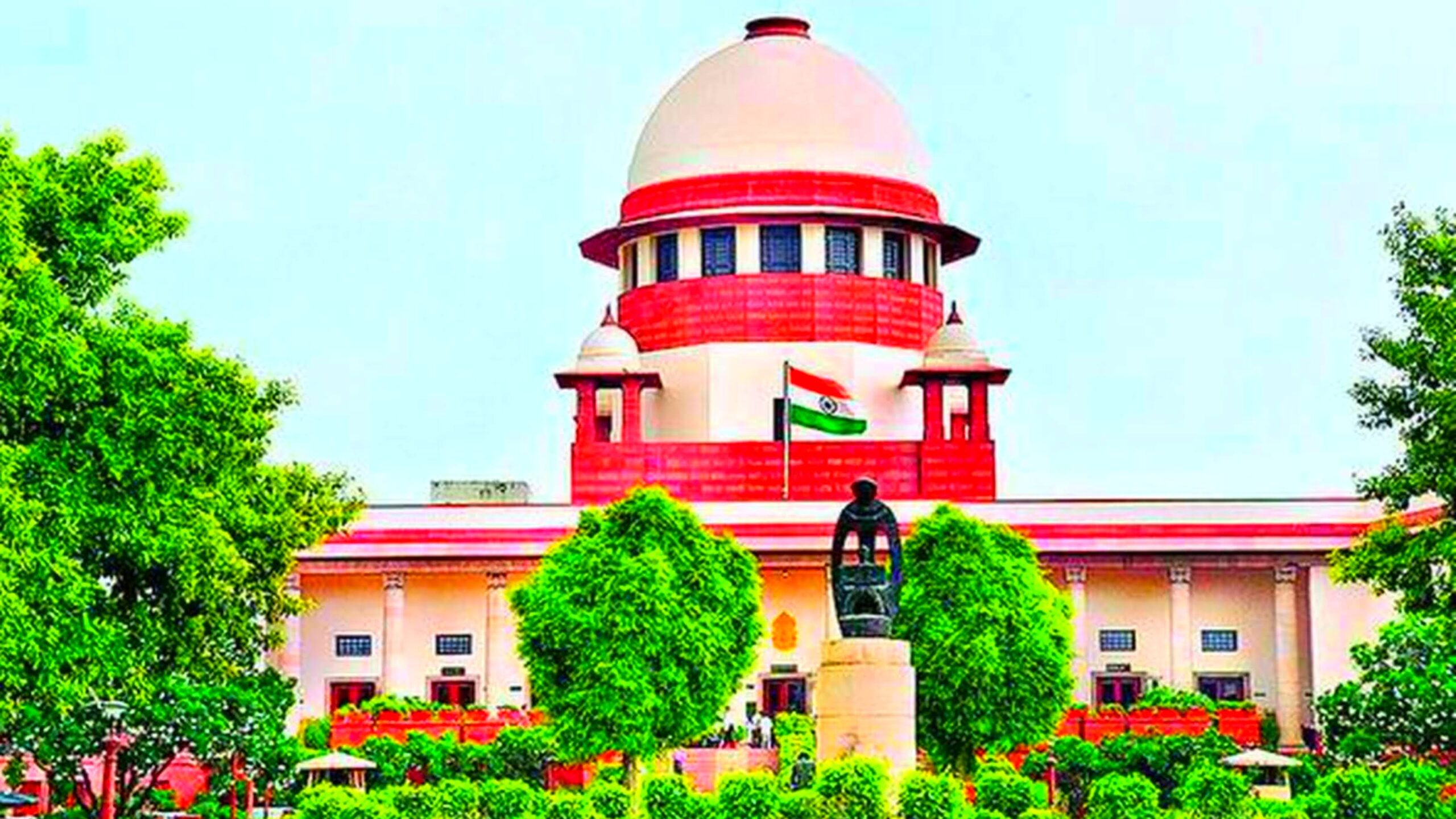Supreme Court Warns: According to the bench of Justices B.V. Nagarathna and Satish Chandra Sharma, insurance is based on utmost good faith. This means that when someone applies for insurance, they must disclose all important details that could affect the insurer’s decision to provide coverage. If any key information is hidden, the insurer has the right to reject a claim.
In this case, the appellant’s father had bought a life insurance policy worth Rs 25 lakhs from Exide Life Insurance. After his father’s passing, the appellant applied for the claim, but it was rejected, Supreme Court Warns.
The reason?
Exide Life Insurance found that the appellant’s father had not disclosed all his other life insurance policies. He had only mentioned one policy from Aviva Life Insurance, which the company considered “non-disclosure of material facts.” Based on this, Exide Life Insurance denied the claim.
Legal expert Ravi Bhadani explained that life insurance is meant to provide financial security. Insurance companies determine coverage by assessing a person’s total financial exposure. If someone does not reveal all their policies, the insurer may cancel the policy or deny claims due to misrepresentation, Supreme Court Warns.
Material Facts Vary Case by Case
The court ruled that the importance of disclosed facts depends on each individual case. In this case, the disclosed policy amount was Rs 40 lakh, while the undisclosed policies were worth only Rs 2.3 lakh. Since the difference was significant, the court ruled in favor of the appellant. However, the case serves as a reminder to always disclose all necessary information when buying insurance, Supreme Court Warns.
Insurance expert Mohak Marwah explained that a person’s history with insurers helps companies assess risk and set appropriate premiums. According to Surinder Bhagat, every person has a Human Life Value (HLV), which represents the maximum insurance coverage they can receive. If someone fails to disclose existing policies, insurance companies may unintentionally provide excessive coverage.
Insurance companies evaluate a person’s total financial exposure before deciding on coverage. If a major policy is not disclosed, insurers may argue that they lacked full information. However, small overlooked policies usually do not result in claim rejection, Supreme Court Warns.
The same principle applies to health insurance. If someone does not disclose previous policies, it may indicate hidden health conditions or past claims, which could affect underwriting decisions. If important medical history is left out, insurers can reject claims for misrepresentation.
Impact on Buying Multiple Policies
Will people avoid buying multiple insurance policies because of such rules? According to Rakesh Goyal, some may hesitate due to fears of higher costs or reduced coverage. Some policyholders worry that adding another policy may increase premiums or complicate future claims, leading to disputes or denials, Supreme Court Warns.
Does Having Multiple Policies Affect Premiums
Marwah clarifies that having multiple policies does not necessarily increase premiums unless there is a history of fraudulent claims. Insurers do not raise premiums just because someone has several policies.
Read More: Virat Kohli completes 1000 runs, in IPL 2025 opening match.
Narendra Bharindwal, Vice President of the Insurance Brokers Association of India (IBAI), also confirmed that life insurance companies mainly assess financial eligibility rather than using previous policies to increase premiums. In health insurance, past claims may affect pricing, but simply having multiple policies does not, Supreme Court Warns.
However, Goyal warns that disclosing a previous policy could still impact new policy terms. If an earlier policy had frequent claims, insurers might increase premiums for the new policy or add exclusions to prevent overlapping coverage.
This case highlights the importance of full disclosure when purchasing insurance to avoid complications in the future.











